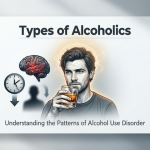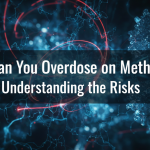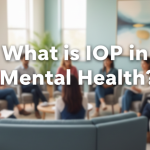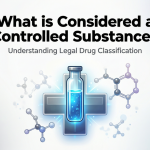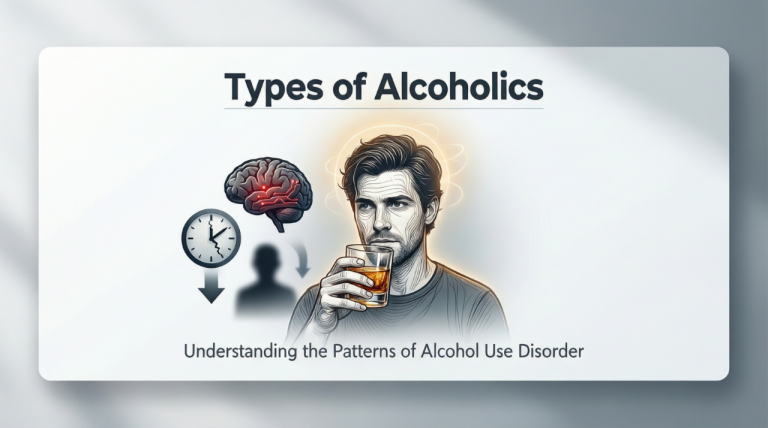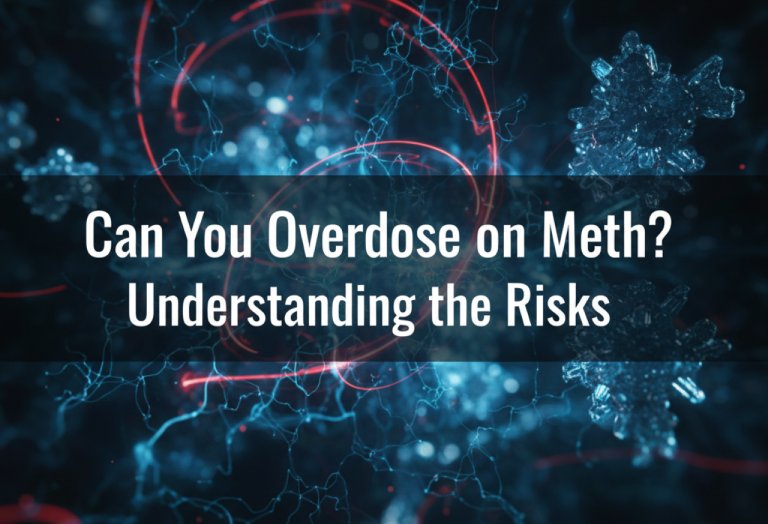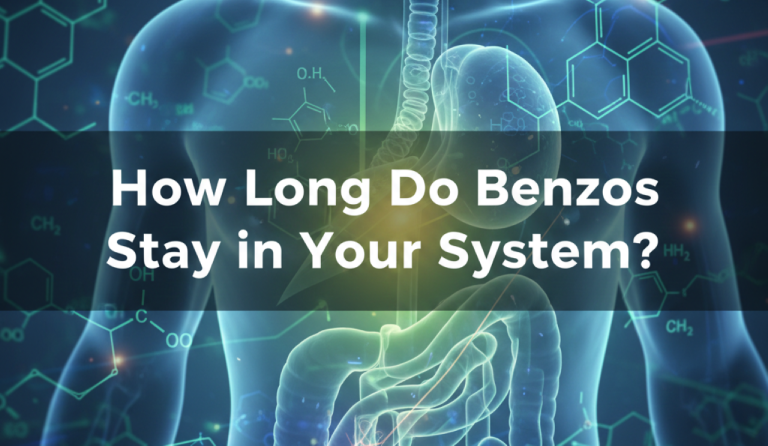Alcohol is used to relieve tension and stress. However, when taken in large amounts, it causes various adverse effects, such as poor sleep and Poor Mental Health. It is therefore important for anyone wishing to stop alcohol addiction to understand the relationship between alcohol, sleep, and mental health.
In this blog, we will discuss the consequences that alcohol addiction has on sleep and mental health and what can be done to regain stability.
What is Alcohol Addiction?
Alcohol addiction, which is also referred to as alcoholism or alcohol use disorder (AUD) is defined by the compulsive inability of an individual to quit or moderate the consumption of alcohol even in the face of adverse effects. Long-term abuse of alcohol affects the brain and the body in a way that makes the individual physically dependent on alcohol. Some of the common symptoms include the urge to take alcohol despite the consequences, the desire to take alcohol even when one is not taking it, and withdrawal symptoms when one stops taking it.
Alcohol addiction does not only have physical effects; it also causes mental changes, which include impaired decision-making, memory loss, and mood swings. It becomes a very negative cycle and is not only detrimental to their physical health but also to their personal relationships, jobs, and life in general.
Alcohol Addiction Treatment at Orlando Treatment Solutions
If you or your loved one has an alcohol addiction problem, there is hope. The Alcohol Addiction Treatment Program offered at Orlando Treatment Solutions is a unique program that is intended to meet the unique needs of patients in terms of both the body and the mind. It is time to get help and start getting your life back; contact us today and take the first step.
The Link Between Alcohol and Sleep Disruption
Though many people take alcohol to help them relax and have a sound sleep, it is detrimental to both. Alcohol affects the sleep pattern, particularly the rapid eye movement (REM) stage, which is important in rejuvenating the mind and emotional balance. Moderate use of alcohol is known to break the sleep cycle and make it difficult to fall asleep or wake up frequently at night.

In the short term, alcohol causes drowsiness and may lead to you falling asleep faster as a result. However, as the body breaks down alcohol during the night, it results in frequent awakenings, lighter sleep, and shorter REM periods. In the long run, it leads to habitual sleep disorders and this can compound mental illnesses like anxiety and depression.
Effect of Alcohol on the Mental Health
Alcohol addiction does not only affect sleep but it also affects mental health in a very big way. Alcohol is used to help cope with stress and anxiety or to overcome depression but it only worsens these situations. Alcohol is a depressant, which means it slows down the working of the brain and can even worsen the mood of the patient and increase his feeling of despair or fatigue.
Alcoholism is most often associated with mood disorders, including major depressive disorder and generalized anxiety disorder. It can also affect cognitive function and may result in memory loss, difficulty in concentration, and confusion. Sometimes, alcohol abuse is also linked with the worsening of other mental disorders to a higher level of disorder, such as psychosis or dementia.
How Sleep Deprivation Amplifies Mental Health Issues
Sleep is hugely connected with mental health. It can make the signs and symptoms of anxiety, stress, and depression worse and even make it harder to cope with everyday life. This is because when someone is sleep-deprived, they become more susceptible to mood swings, irritability, and emotional instability.
For alcoholics, the poor sleep that comes as a result of heavy drinking becomes a cycle. Diseases such as insomnia may also be exacerbated by the lack of sleep, thus leading the affected person to take more alcohol in a bid to put off the ill feelings. This cycle that continues on its own usually results in the deterioration of both physical and mental health.
Breaking the Cycle: Treatment and Recovery
Alcohol addiction and the effects it has on sleep and mental health can be stopped and this is where a complete treatment comes in. The first step is detox, where the body clears itself of alcohol and begins the healing process. But that is not the end of the treatment; recovery continues. Psychological treatments that are used include Cognitive Behavioral Therapy (CBT) and Acceptance and Commitment Therapy (ACT) to help in dealing with the mental issues of the addiction.
For those with sleep disturbances, treatment may include sleep hygiene, for instance, having a schedule for sleeping, avoiding stimulants, and ensuring that the bedroom is conducive to sleep. It is important to note that the management of sleep is a crucial factor in managing mental health and recovery.
Alcohol has many negative consequences for sleep and mental health, as well as for the overall life of an individual. The more time a person spends dealing with addiction, the worse the consequences of those actions may get. But it is possible to get better. It is, therefore, possible to defeat alcohol addiction and win the battle to regain control of one’s life and have a proper balanced sleep and mental health.

Alcoholism is a dangerous condition that affects many people around the world and if you or someone close to you has a problem, it is time to seek professional help. Contact us at Orlado Treatment Solutions today to start the healing process and get on the way to recovery.







